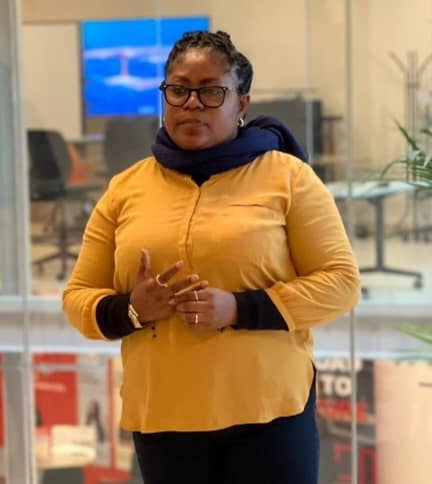By Linus Aleke
Anti-drug use and illicit trafficking advocacy group, under the aegis of Balm for the Bruised Foundation (BFBF), has cautioned against drug use stigma and discrimination, to encourage treatment and rehabilitation of those who embraced drug use as a short cut for escaping societal challenges, especially, widows who were forced into drug use by harmful traditional widowhood practices in parts of the country.
Stakeholders in anti-drug use and illicit trafficking in drugs in Nigeria, gave this warning at a webinar on the widow and challenges of drug use stigmatization organized by Balm for the Bruised Foundation (BFBF), in commemoration of International Day Against Drug Trafficking and Abuse.
Speaking on the theme of the 2023 International Day Against Drug Trafficking and Abuse, “People First: Stop Stigma and Discrimination, Strengthen Prevention,” the Director, Media and Advocacy, National Drug Law Enforcement Agency (NDLEA), Mr. Femi Babafemi said, this year’s theme captured the whole-of-society approach to taming the drug scourge.
Noting that the theme is especially pertinent to the Nigerian situation at the moment, Mr. Femi said that those who bear the brunt, directly and indirectly of the drug scourge globally are primarily the people.
To this end, he said that any meaningful efforts towards tackling the scourge must be people–centred.
According to him, “People first, is a notion that should begin with the mind. In this context, the people refers to an approach that aims to recognise and address the needs of the vulnerable group, especially the drug users, in order to make them feel more valued, supported, and protected in society, than they previously or presently perceive themselves to be.Putting the people first will entail that they are shown empathy, love, and care, and this gesture is more likely to elicit their willingness to be part of any programme or action tailored towards their
health and needs”.
The NDLEA Spokesperson, said that global efforts towards achieving a drug-free society often suffer setbacks due to
negative societal perceptions of people who use drugs and also due to a lack of proper understanding of the drug abuse phenomenon arising from societal ignorance, misconception, and
prejudice towards others.
The second part of the theme, he said, is about Stigma and discrimination, which tend to decrease the self- worth of the affected persons and may trigger depression, and resistance to change; these negative attitudes, that is stigma and discrimination, deepen the society’s general apathy towards issues affecting them.
“This is why at the NDLEA, especially in the past two and a half years, we’ve shifted towards global best practices in tackling this scourge by making
significant investments in prevention, treatment and rehabilitation. The doors of our rehabilitation facilities are open at all times. In the last 29 months, we have acquired a few more rehab centres, given to us as donations, while we have also obtained the federal government’s approval for the construction of regional model rehabs,” he said.
The Executive Director, Better Care and Recovery Consult Ltd. Mr. Inalegwu Ameh, said that there is urgent need for reorientation to help society move away from stigmatization against drug users.
He charged citizens and care givers not to be judgemental, while dealing with victims of substance abuse.
He however, regretted that harmful traditional widowhood practices, are forcing some widows into the leprotic hands of substance abuse.
Executive Director, International Press Centre, Mr. Lanre Arogundade, said that the media needs to do more on the effect of drug use on society, so as to reduce stigmatization on users.
The Convener of the Webinar, Princess Ekwi Ajide, said, stigmatization against drug users kill father than other diseases put together.
Quoting United Nation’s Office on Drugs and Crimes, UNODC, Princess Ajide said that 14.4 million Nigerians use drug and that one out of every four drug users in Nigeria is a woman.
She disclosed that these women, sometimes owing to their situation, depend on drugs for survival but are often stigmatised by family members and society.
“Unfortunately, of these women, are widows who in search of comfort, acceptance or love take solace in drugs which invariably, affect not just them but their children as well,” she concluded.












